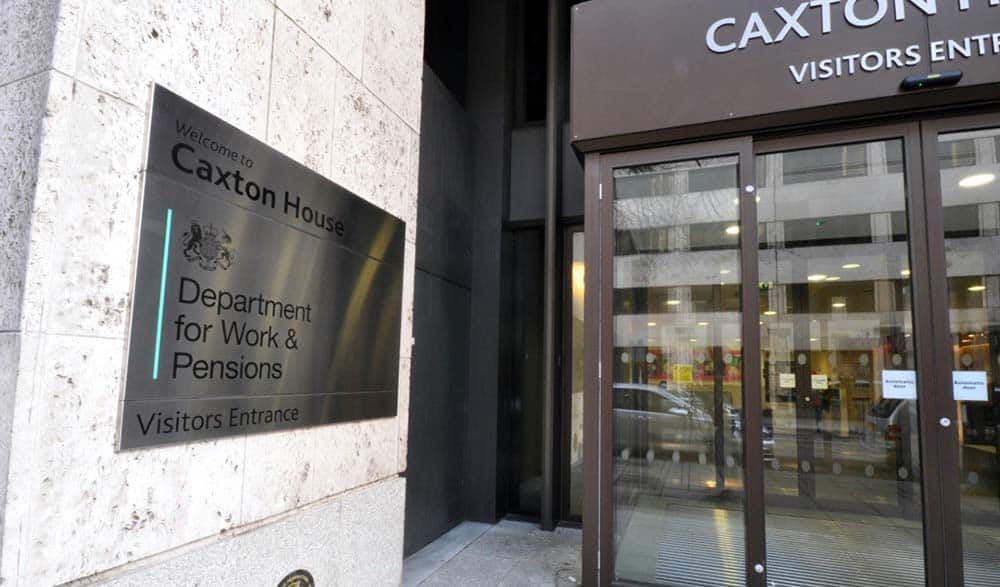PIP assessments criticised again as new data shows around 50 percent of disability benefits appeals won in tribunal court

According to new data revealed by the BBC in a Freedom of Information (FOI) request, half of the people who appealed in court against a decision to deny them disability benefits was successful.
In total, the figures show over 550,000 people won an appeal over their benefits at tribunal in the last five years.
This high success rate at tribunals has been criticised for being down to “poor assessments carried out by health professionals.”
The BBC’s Shared Data Unit analysed statistics from Freedom of Information responses from HM Courts and Tribunals Service and Northern Ireland’s Department for Communities (DfC).
Most of the appeals related to Employment Support Allowance (ESA), which is paid to people unable to work because of illness or disability; the Disability Living Allowance (DLA), which is paid to people with extra care or mobility needs; and Personal Independence Payment (PIP), which was introduced to replace DLA in 2013.
Currently, benefits assessments are carried out on behalf of the Department for Work and Pensions (DWP) by the private contractors Capita, the Independent Assessment Services (formerly called Atos) and Maximus.
If someone is unhappy with their assessments and wants to overturn their benefits ruling, they must complete a written challenge within a month, known as a mandatory reconsideration. If unsuccessful, people can appeal against the decision at tribunal.
The DWP said mandatory reconsiderations were introduced to ensure claimants received the right decision without having to go to court.
However, the disability benefits assessments system has come under fire in the past for being too harsh and disregarding claimants’ struggles. This new FOI request also alludes to an unfair assessment process due to the high success rate at tribunal.
In 2018, the Commons Work and Pensions Committee said failings in disability benefits assessments had led to a “pervasive lack of trust” in the system.
Since then, the Government has been forced to take action to address claimants’ struggles, which has led to changes to the PIP assessment system such as scrapping reviews for those with severe or long-term conditions as well as for almost 300,000 disabled pensioners.
Daphne Hall, Vice Chair of the National Association of Welfare Rights Advisers, told the BBC: “The reason for the high success rates [at tribunals] is because of the poor assessments carried out by health professionals.
“The DWP tend to base their decision purely on these assessments and disregard other evidence sent in by the claimant. However, tribunals will weigh up all the available evidence and talk to the claimant further, which enables them to make much more reasoned and balanced decisions.”
The rise in the percentage of successful appeals came despite a drop in the overall number of cases being heard at court.
Polly Neate, Chief Executive at anti-homelessness charity Shelter, believes the introduction of mandatory reconsiderations and cuts to legal aid has deterred people from appealing.
“If someone is already struggling to navigate the labyrinthine benefits system, then they are probably going to struggle to navigate the courts system without help,” she said.
The Ministry of Justice remarked it was “pure speculation” to suggest a decline in the number of benefit appeals was down to legal aid changes.
Responding to this latest bout of criticism, the DWP said it had been improving the assessment process. According to the Department, of 3.3 million PIP decisions taken from 2013 to 2019, only five percent were overturned at appeal, while of 4.4 million ESA decisions made between 2014 and 2019, only four percent were overturned at appeal.
Similarly, the Department for Communities in Northern Ireland said about one in 10 of all of the PIP decisions it handled were appealed, with about 2.5 percent of the overall number of cases successful.
A spokesman for the DWP told the BBC: “We are committed to ensuring people get the support they are entitled to and spend £55bn a year supporting disabled people and those with health conditions.”
Capita and Maximus added that the majority of people were satisfied with the process and they were working with charities and disability organisations to improve their services further.

